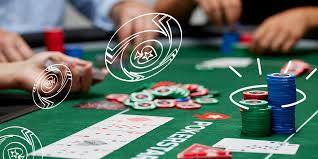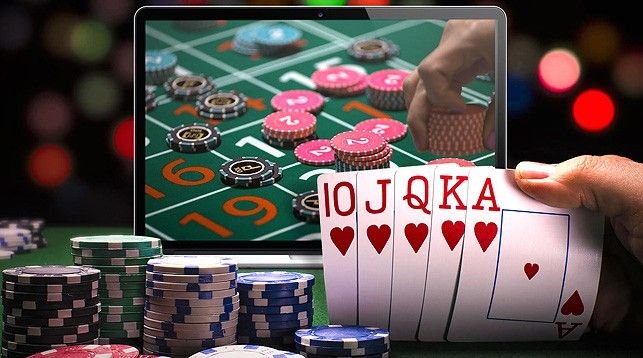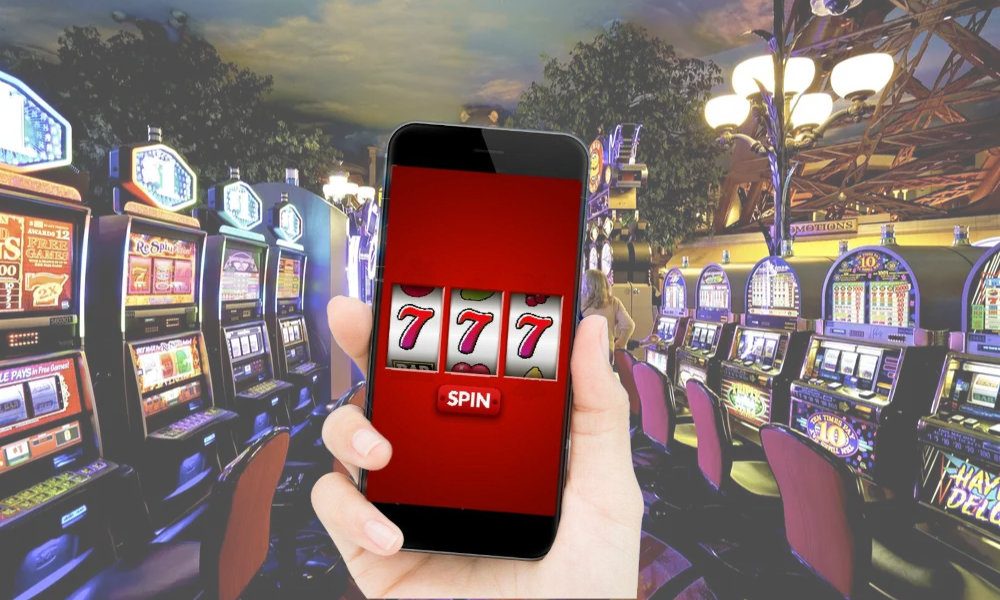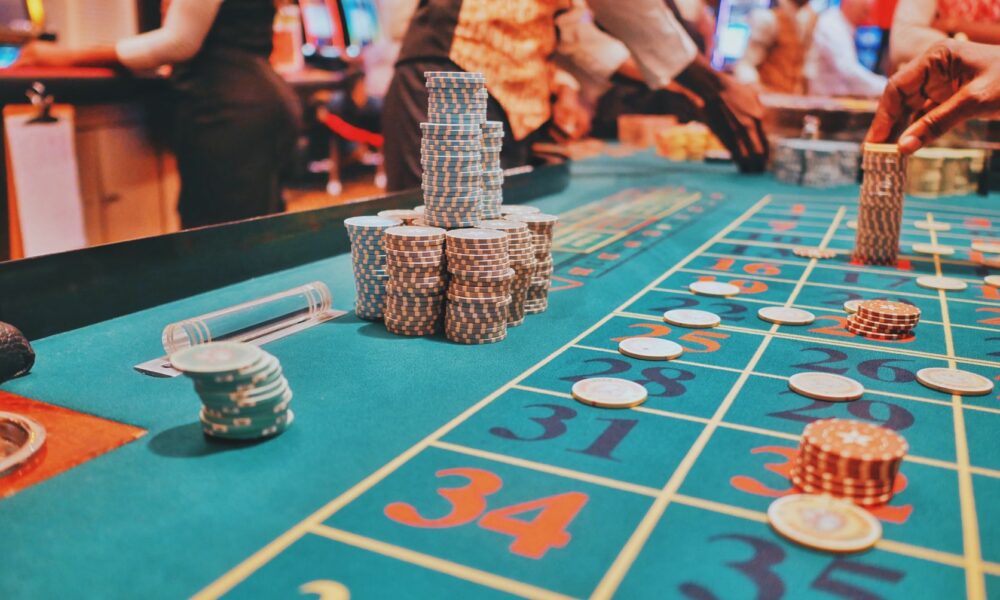Poker tournaments demand exceptional mental stamina, often lasting 10+ hours and requiring constant attention to detail. Mental fatigue becomes a formidable opponent that can derail even skilled players. Maintaining focus throughout these marathon sessions separates champions from the rest. Players who visit the-brooklyn-star.com know that mental endurance ranks equally with technical poker skills for tournament success.
Mental preparation tactics
Professional players establish pre-tournament routines that prime their minds for extended focus. These routines typically begin days before a great event. Getting adequate sleep the week before tournaments builds your mental reserves. Avoid alcohol the night before as it disrupts sleep quality and cognitive function. Visualization exercises help condition your brain for the long haul. Spend time imagining yourself making difficult decisions during a tournament’s eighth or ninth hour while feeling fatigued. This mental rehearsal creates neural pathways that make it easier to access clear thinking when in that situation.
Foundation for mental clarity
It directly impacts your brain’s ability to focus. Tournament poker requires physical preparation alongside strategic study. Strong physical conditioning allows your brain to function optimally, even during extended sessions. Regular exercise improves blood flow to the brain and enhances cognitive function. Players who maintain fitness routines report better concentration during tournaments. Even light cardio several times weekly makes a noticeable difference in mental endurance.
Nutrition is crucial to maintaining focus. Before tournaments:
- Choose complex carbohydrates that provide steady energy (oatmeal, whole grains)
- Include quality protein to sustain mental alertness (eggs, nuts, lean meats)
- Hydrate adequately, as even mild dehydration impairs cognitive function
- Pack nutritious snacks to maintain blood sugar levels
During breaks, resist heavy meals that redirect blood flow to digestion instead of your brain. Opt for small, nutrient-dense foods that sustain energy without causing crashes.
Strategic breaks
These precious minutes provide opportunities to reset your focus and prepare for the next session. Step away from the poker environment completely during breaks. Find a quiet area away from tables and screens. Even short periods of mental disconnect help prevent cognitive burnout. Physical movement during breaks increases circulation and oxygen flow to your brain, counteracting the effects of sitting for hours. Deep breathing exercises take just 60 seconds but dramatically reduce stress hormones that interfere with clear thinking. Four counts in through the nose, hold for two counts, six counts out through the mouth – repeat this pattern several times to reset your nervous system.
Table technique adjustments
Experienced tournament players modify their approach as tournaments progress and fatigue sets in. Simplifying decision-making processes during later stages preserves mental energy for critical hands. Taking slightly longer on tough decisions during late stages compensates for decreased processing speed when tired. While maintaining the tournament pace, think methodically when facing complex situations. Note-taking becomes increasingly valuable as tournaments progress. When mental fatigue makes information retention difficult, written notes provide reliable reference points for player tendencies and previous actions.
Top players also use micro-meditation techniques between hands. Letting thoughts drift, they intentionally clear their minds for 15-30 seconds, creating mental white space that refreshes their focus. Maintaining focus during lengthy poker tournaments resembles a skill that improves with deliberate practice. With these strategies consistently, you’ll develop greater mental endurance that translates directly to better tournament results.





